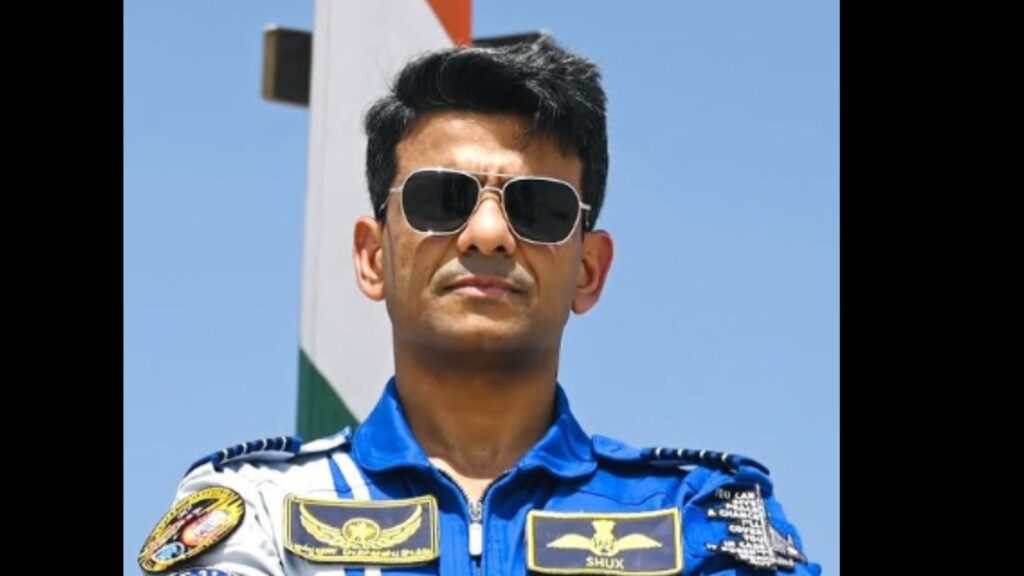Speaking at the Bengaluru Tech Summit on Thursday, astronaut Shubhanshu Shukla narrated a first-person account of his space travel and the harrowing conditions he faced during his 18-day stay aboard the International Space Station (ISS) earlier this year.
Story continues below this ad
Shukla predicted that Indians would very soon be heading to space on Indian capsules.
In a talk titled India in Orbit, he said that space gives a unique perspective “because the environment changes”. “You essentially become like a baby, a small child. You have to learn to eat, learn to walk, have to learn to sleep, have to learn how to go to the bathroom,” he said.
Describing the experience as being like “swimming in air”, Shukla said that it took eight to 10 days for his mind to get comfortable with the lack of gravity aboard the ISS. “The problem is when you come back to Earth,” he said, narrating how, on the first evening of his return, he instinctively put his laptop to the side after replying to some mail and left it hanging in the air. “Thankfully, the floor was carpeted and nothing happened to the laptop. But the mind is really a very powerful tool. It makes you believe things which necessarily do not exist,” he said.
Story continues below this ad
After getting back to the earth, it is “difficult to walk because your mind has forgotten how much effort it takes to keep standing up,” he said, discussing the physical and psychological challenges of space missions.
Comparing the experience of G-force through the chest in a space capsule and from head to toe in a fighter jet, he said the body undergoes 8 G-force, making it feel eight times heavier–which is “like a motorbike sitting on your chest”. This is surpassed during emergency conditions, “which is like a baby elephant sitting on your chest,” he said. While one gains height due to zero gravity conditions after reaching space, “you don’t feel hungry”, he said. “I did not feel hungry for the first three, four days at all.”
Story continues below this ad
“We are going to enable everything like this for our own country. Very soon, we will have Indian citizens going to space on Indian launch rockets and Indian capsules from Indian soil,” Shukla said. From developing a simple straw to developing a complex life support system, “everything is required going into the future,” he said.
There are 300-plus startups working in the space domain and the numbers are going to grow rapidly, Shukla said. “It will take the efforts of the entire nation to make these missions happen in the future,” he added.
To achieve the goal of Viksit Bharat in 2047, he said that everyone had to assume responsibility and think how they could contribute.


